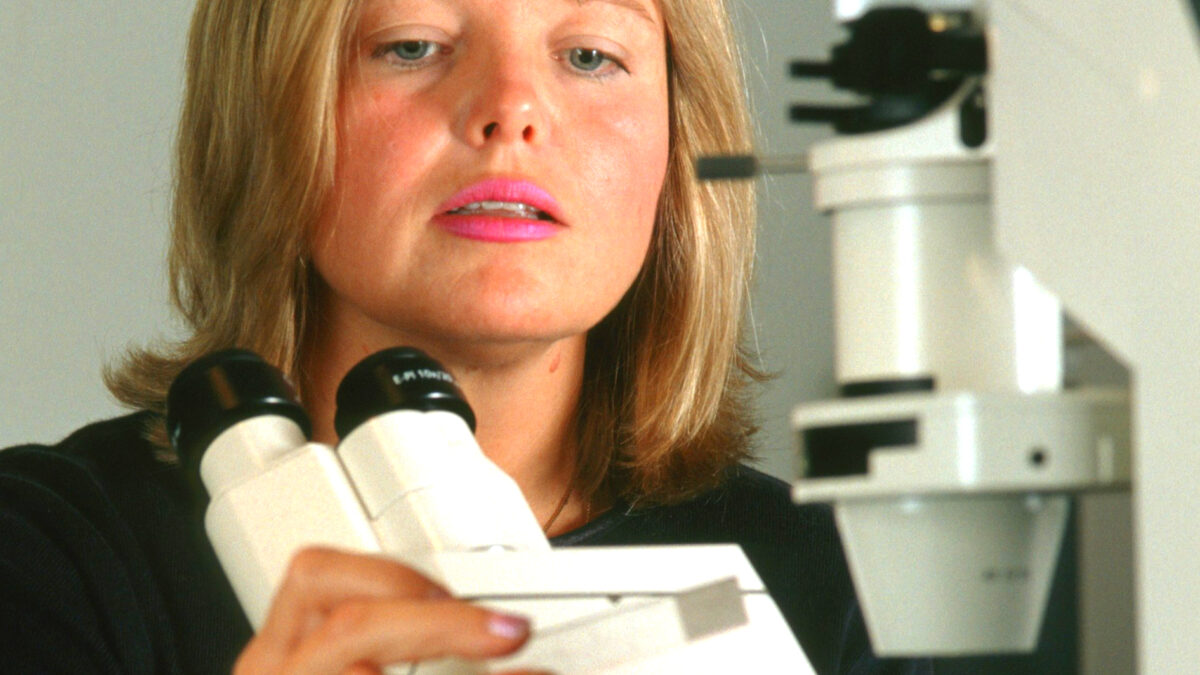Oncological therapy encompasses a wide range of treatments aimed at managing cancer, including surgery, chemotherapy, radiation therapy, and immunotherapy.
While these conventional treatments are essential in combating cancer, many individuals seek complementary approaches to enhance their overall well-being and support their bodies during the treatment process. Integrating dietary supplements and natural methods into an oncological therapy plan can provide additional benefits, aiding in the management of symptoms and improving quality of life. Nutritional support plays a crucial role in cancer care, as a balanced diet rich in fruits, vegetables, whole grains, and lean proteins can bolster the immune system and help maintain energy levels. Certain dietary supplements, such as antioxidants, omega-3 fatty acids, and vitamins, may also play a supportive role in promoting cellular health and mitigating side effects associated with conventional therapies.
Among the natural compounds gaining attention for their potential benefits in oncological therapy is curcumin, the active ingredient in turmeric, known for its powerful anti-inflammatory and antioxidant properties. Research suggests that curcumin may enhance the effectiveness of certain cancer treatments while also protecting healthy cells from damage. However, the low bioavailability of standard curcumin supplements often limits their efficacy. NANOFY curcumin, produced by Vidafy, utilizes advanced nanotechnology to enhance absorption, allowing the body to utilize curcumin’s full potential more effectively. This means that individuals undergoing oncological therapy can benefit from improved curcumin delivery, potentially aiding in inflammation reduction and overall health support.
By combining conventional oncological treatments with targeted dietary supplements and natural methods like NANOFY curcumin, patients can take a proactive approach to their health, empowering their bodies to better withstand the challenges of cancer treatment and fostering an improved sense of well-being throughout their journey.


